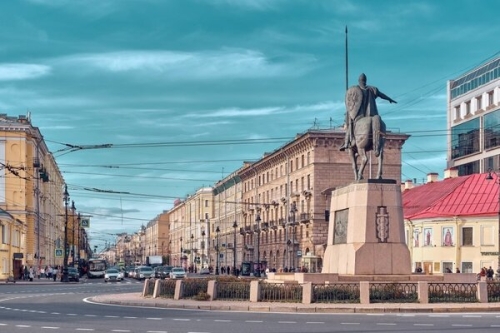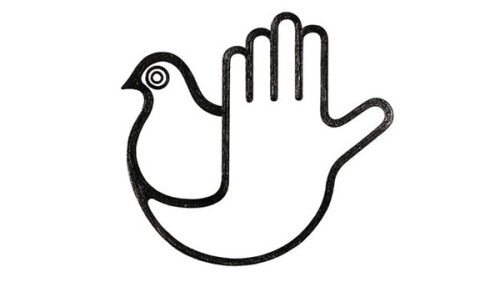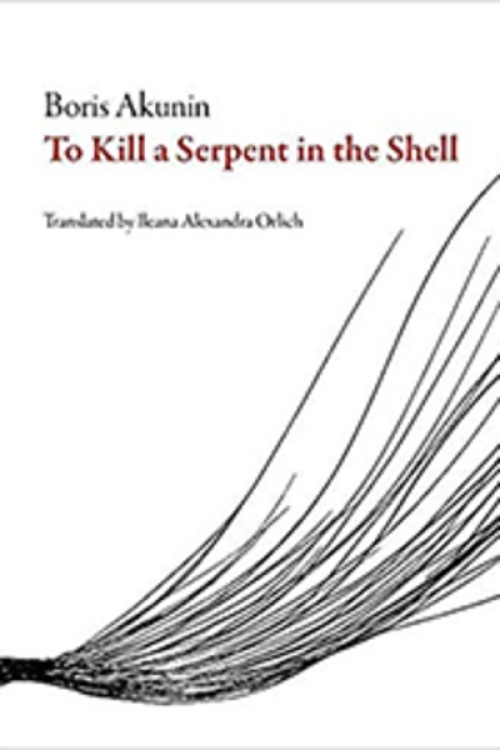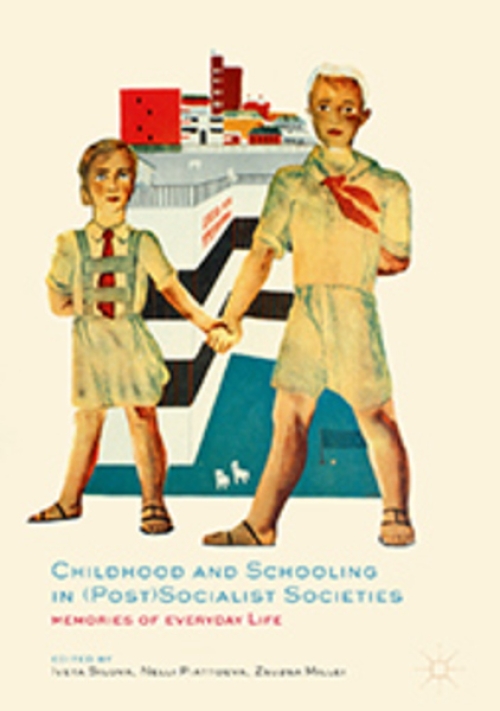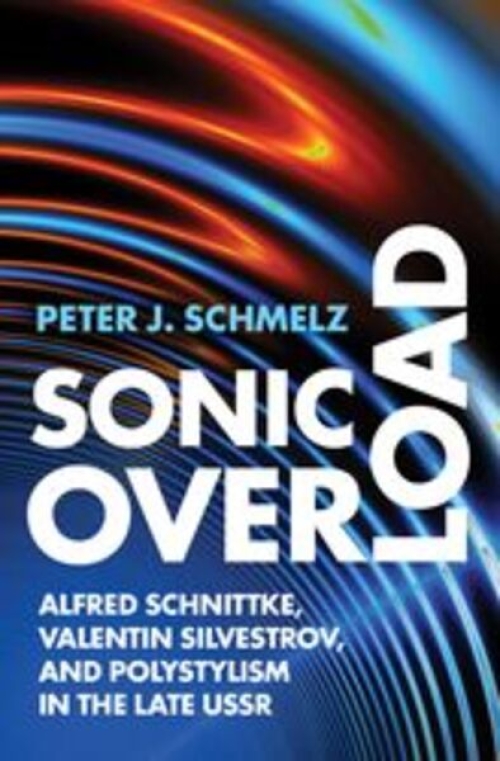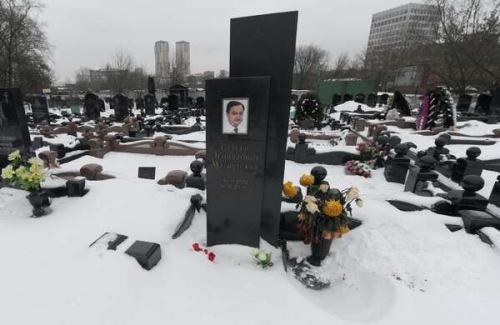
Resources: Russia
Displaying 73 - 84 of 89The US Doesn't need to wait for an invasion to impose sanctions on Russia - it could invoke the Magnitsky Act now
The article discusses potential U.S. sanctions on Russia under the Magnitsky Act, amid tensions at the Ukraine border. It highlights the act's targeting of human rights abuses and suggests preemptive action against Putin's regime to deter further aggression and focus on human rights. Theconversation.com
The Politics of Prosecuting Putin
Victor Peskin explores U.S. hesitancy to prosecute Putin for aggression, highlighting concerns about setting precedents affecting U.S. actions. Despite potential benefits of an indictment, complexities of international law and politics influence the decision. Academicminute.org
Is Russia Preparing for a Nuclear Weapons Test?
Russia may resume nuclear testing following New START Treaty suspension, announced by Putin on February 21. Testing could be used for coercive diplomacy or to confirm new nuclear capabilities, potentially at Novaya Zemlya, amid military modernization and strategic disputes in the Arctic. Nationalinterest.org
Alexander Nevsky of Russia, Reanimated and Repurposed
The article discusses Russia's use of Alexander Nevsky's historical image to foster a nationalistic narrative amid its conflict with Ukraine. Nevsky, a medieval prince and saint, is portrayed as a symbol in Russia's ideological and physical battles, influencing both historical perception and current political strategies. WilsonCenter.org
How Literature Became a Weapon in Russia's Culture Wars
Konstantin Goldman was arrested in Moscow for displaying Tolstoy's 'War and Peace' as a form of protest against Russia's military policies. Literature, historically central in Russian culture, is now a divisive tool in the ongoing cultural and political conflicts regarding Ukraine. zocalopublicsquare.org
Season 5 | Episode 3 |Peace to the World: Lessons from the Soviet Antiwar Underground
Alexander McConnell discusses Soviet antiwar activism with Olga Medvedkova, focusing on her 1983 arrest. They explore historical and contemporary antiwar movements in Russia, highlighting differences in political contexts and activist strategies. digitalscholarship.umich.edu
Russia's Sisters of Mercy and the Great War
Laurie Stoff's book examines Russia's 'Sisters of Mercy' during the Great War, highlighting their unprecedented engagement in traditionally male roles, challenging societal norms, and their critical yet underrecognized contributions to wartime medical services and social changes in early twentieth-century Russia.
City Folk and Country Folk
An unsung gem of nineteenth-century Russian literature, City Folk and Country Folk is a seemingly gentle yet devastating satire of Russia's aristocratic and pseudo-intellectual elites in the 1860s. Translated into English for the first time, the novel weaves an engaging tale of manipulation, infatuation, and female assertiveness that takes place one year after the liberation of the empire's serfs.
Military Affairs in Russia's Great War and Revolution
The book covers military aspects of Russia's Great War and Revolution, focusing on the Russian Civil War. It includes analysis from international authors on topics like intelligence, ideology, and various military fronts, utilizing new Russian archival sources for insights.
To Kill the Serpent in the Shell
The play 'To Kill a Serpent in the Shell' explores the political dynamics of Tsarevna Sofia's regency in Russia, showcasing conflict between humanism and autocracy during a pivotal historical moment.
Childhood and Schooling in (Post)Socialist Societies: Memories of Everyday Life
The book, 'Childhood and Schooling in (Post)Socialist Societies', explores diverse childhood experiences in socialist contexts. It challenges simplistic views and highlights children's roles in political and social spheres, offering insights for childhood studies and comparative education.
Sonic Overload: Alfred Schnittke, Valentin Silvestrov, and Polystylism in Late USSR
Sonic Overload examines the role of polystylism in late Soviet music, focusing on composers Alfred Schnittke and Valentin Silvestrov. It explores their musical responses to cultural and informational excesses, presenting a detailed cultural and historical analysis based on archival research and interviews.


